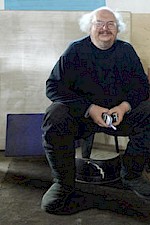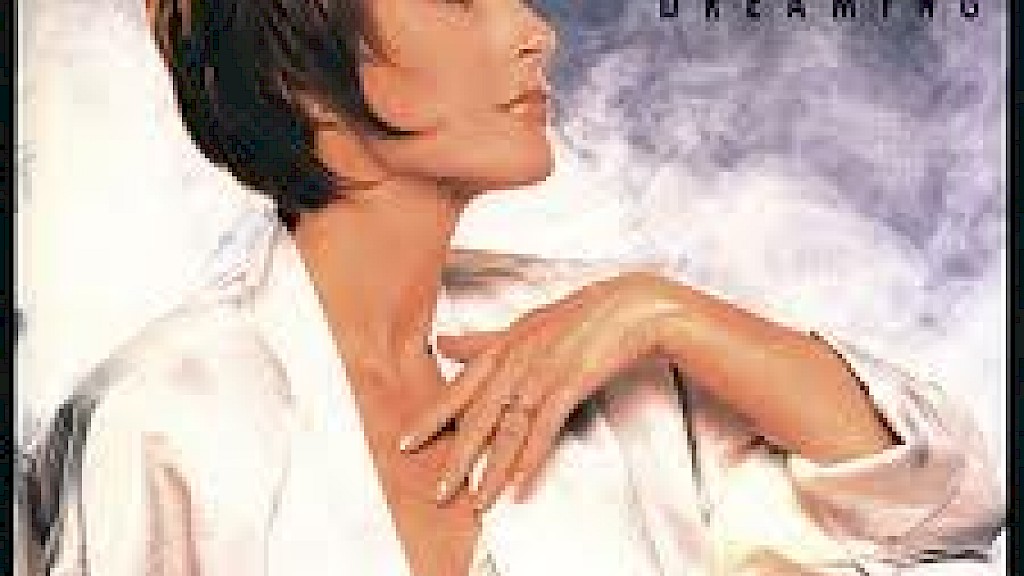Can Recorded Music Sound Better-Than-Live?
Once again, we face the question of what is meant by “better”. For years there has been a debate between the “you-are-there” and “they-are-here” camps. When your eyes are closed, the first wants to transport you to the venue of the recording, while the second wants to bring the performers to your room.
Home theater clearly falls into the first category with the “there” being wherever the scene is taking place – rather than the movie theater.
With music, the question becomes even more difficult and confusing as there are both studio recordings and live recordings of concerts. And it becomes even more muddled when you add the new Digital Signal Processing (DSP) technology found on many of today’s amplifiers and receivers. DSP can simulate or recreate a host of music environments, from intimate jazz clubs to world famous concert halls to rock arenas. Which is the true sound of the performer?
For music that is by its nature not electronically assisted, I come down firmly on the side of having as little between me and the performer as possible. Most “traditional” music falls into this category, with obvious exceptions of rock music and similar genres and “electronic” classical pieces; both are conceived with amplifiers and other electronic intermediaries between performer and recording device or listener.
A personal experience with this question:
In the 1970s and ‘80s, Amanda McBroom’s direct-to-disk records from Sheffield Labs were an audiophile favorite for the natural, accurate recording. They were used by most dealers and manufacturers to demonstrate good systems. At one Consumer Electronics Show, she performed at an invitation-only concert sponsored by MonsterCable. I received tickets because Ohm was using MonsterCable wire in our speakers. Anticipating the concert, I used Amanda’s recording all day while demonstrating Ohm speakers.
I arrived early and got a seat next to Amanda’s sound mixing station, knowing that I was about to hear “the sound mix” she wanted. The room was full of excitement; but it quieted down as she sang the songs I had been listening to all day including her Grammy Award winner: The Rose, which Bette Midler covered in the movie of the same name. Nothing I was hearing sounded like what I had been listening to all day. As the concert went on, I grew more and more depressed. Had my speakers let me down? Was I so used to hearing an excellent audio system that when confronted by the actuality, I couldn’t recognize it?
Then, toward the end of the concert, Amanda walked to the front of the stage and explained she was about to do something that Head Monster, Noel Lee, had requested. She explained that the request frightened her a bit, since she had not done it in years and years – sing “live,” without the aid of a microphone and PA system, accompanied by only a single acoustic guitar.
She and the guitar player sat on the edge of the stage and performed. When she finished, the crowd went wild – and I was probably the most excited listener since un-amplified Amada sounded like what I had been hearing all day on speakers.
Amanda through the then-new Ohm Walsh’s was a more accurate reproduction of her all-natural, acoustic voice than Amanda singing “live” with a microphone, amplifier and PA speakers. I realized that my day had been spent with Amanda – transported into my room via this fine recording and our speakers!
Subscribe to Ohm News & Views to get the latest posts in your inbox
Since that day, I have enjoyed hundreds of concerts that did not use sound reinforcement; but nearly stopped attending “live” performances when PAs are used. When I do go most amplified concerts, it is to evaluate the quality of the PA system. Recently, I hear Bob Dylan played through the 210,000 watt system in the Barclay Center, a relatively new venue in Brooklyn, NY. My conclusion: the system could play loud enough to distort my hearing (and I was sitting about 300 feet from the stage); but I enjoy Dylan more on Ohm speakers. In the same area, I enjoyed a Cirque du Soleil performance (while sitting less than twenty feet from the stage); some of their sound effects were awesome. As we said, they were conceived for electronics….
So, yes, recorded music can sound better-than-live concerts. Whatever musical genre is your pleasure, it’s important to listen to the real thing once in a while to make sure that your recreation is as accurate as possible.
Enjoy & Good Listening!
John
John Strohbeen Author
John Strohbeen was the President and Chief Engineer of Ohm Acoustics from 1978-2023.


